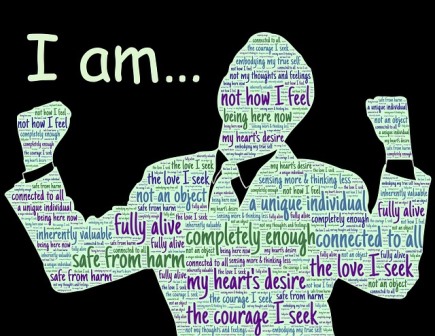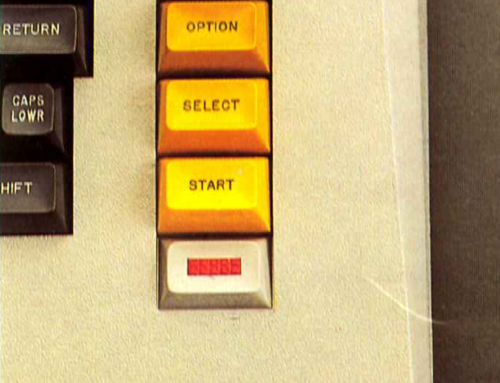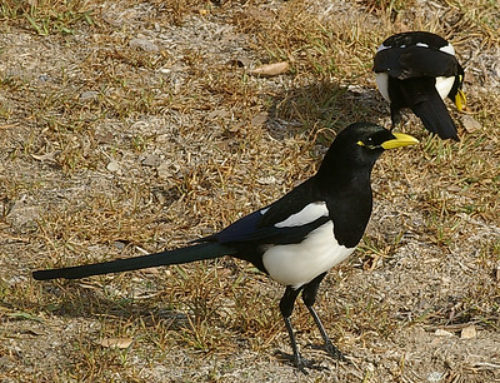In the book Eat, Pray, Love by Elizabeth Gilbert, there is a scene that has deeply influenced my life since the moment I read it. I’m going from memory here, so bear with me, but as I recall, during the time the author spent at an ashram in India, she found herself dreaming of one of the ashram’s gurus. To my recollection, he was no longer living, but was appearing to her in sleeping visions.
During one such vision, she found herself standing on the ocean’s shore with a notepad and pen. The guru pointed at an incoming tidal wave and told her she had to stop it. She began to draw frantically on her notepad, trying to devise a contraption that would stop the wave. As the water got closer, she became increasingly anxious—which is when she glanced over at the guru and saw him laughing uproariously. He pointed at the water and said to her, “Little one, how were you planning to stop that?”
The only thing we control
For me, the underlying message of the story was clear: despite all our frantic efforts and anxiety, we can’t stop the vast wave of life constantly bearing down on us. What happens outside us and around us is beyond our control. The only thing we control is how we respond to those forces.
What I’ve come to realize recently is that there are different layers to our responses. The top layer is our physical response.
Often, when we’re confronted with a situation outside our control, we have an unconscious physical reaction. At the worst end of that spectrum is someone who lashes out with intent to harm another. Thankfully, for most of us, the reaction is not so extreme. But if you’ve ever started screaming at someone after they’ve hurt or frustrated you, if you’ve ever tossed down an inanimate object because it wasn’t behaving the way you wanted, if you’ve ever sworn or flashed a finger at someone who cut you off in traffic, then you understand what I’m talking about. Sometimes our bodies overtake our brains and decide to make us act in ways that we wouldn’t rationally choose.
The second layer of our unconscious reactions to the external world involves our emotions—which we all know can run the gamut in the face of uncomfortable situations. Some of us get angry and self-righteous. Others feel marginalized and mistreated. The only commonality, really, is that we give our ego all the rope it needs to hang ourselves. In the process, we get mired down in our own emotional reality and lose the ability to dispassionately assess the situation.
The final layer of our unconscious reactions—and the one I think is the most insidious—is our mental response. This is the when we begin to internalize an external situation by allowing the situation to dictate the state of our mental wellbeing. It’s the point at which we stop noticing our physical and emotional reactions, and instead decide that we ARE those reactions. We go from feeling angry to becoming an angry person. We go from feeling frustrated to becoming someone with little or no patience. We go from feeling mistreated to becoming a professional victim. And as soon as we apply those labels to ourselves, we find ourselves caged by them.
Breaking through
I was in a yoga class recently where the instructor was riffing on this theme. In words I found incredibly prescient he said, “What does what happens to you make you—according to you?”
That—really—is the question. Life happens to us all. We are regularly fed measures of worry and fear, discomfort and pain, frustration and anxiety, disappointment and sorrow. If we allow those external forces to dictate our internal reality, we cede the only control we have—the control over who we become.
The alternative, I suspect, is the path towards joy. It’s the decision to allow our thoughts and feelings to move through our bodies without holding onto them—either physically, emotionally, or mentally. The key, I’ve found, is to recognize that those thoughts and feelings aren’t real. They’re just bundles of energy zooming through our synapses and crashing around our systems. Just like a pinball gone wild, they may hit some uncomfortable spots as they zing around, but they’re bound to quickly run out of steam. If you just breathe through their gyrations, they will dissipate—as will the urge to unconsciously react.
That way, according to me, I become more expansive no matter what happens to me. How about you? What does what happens to you make you—according to you?





Fabulous as usual. Thanks